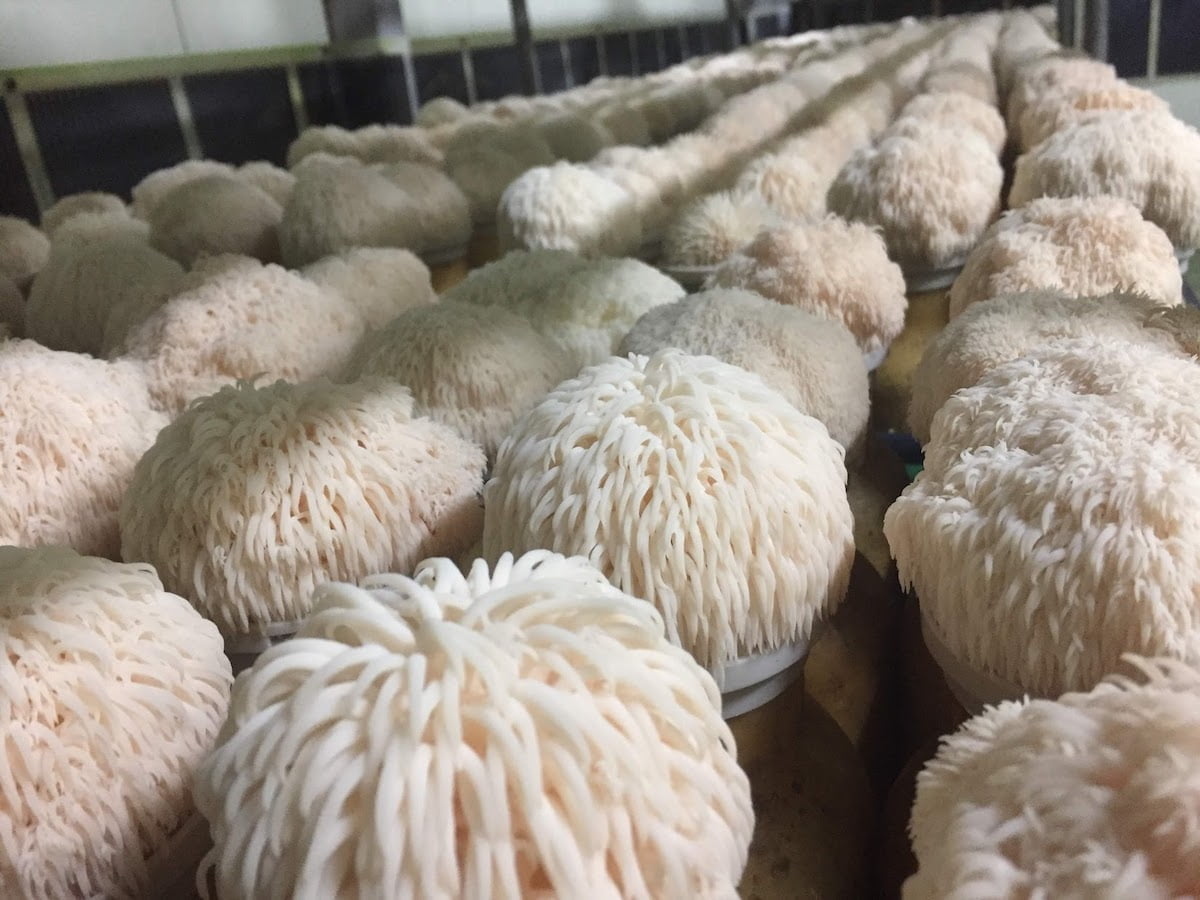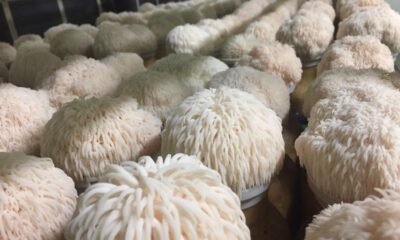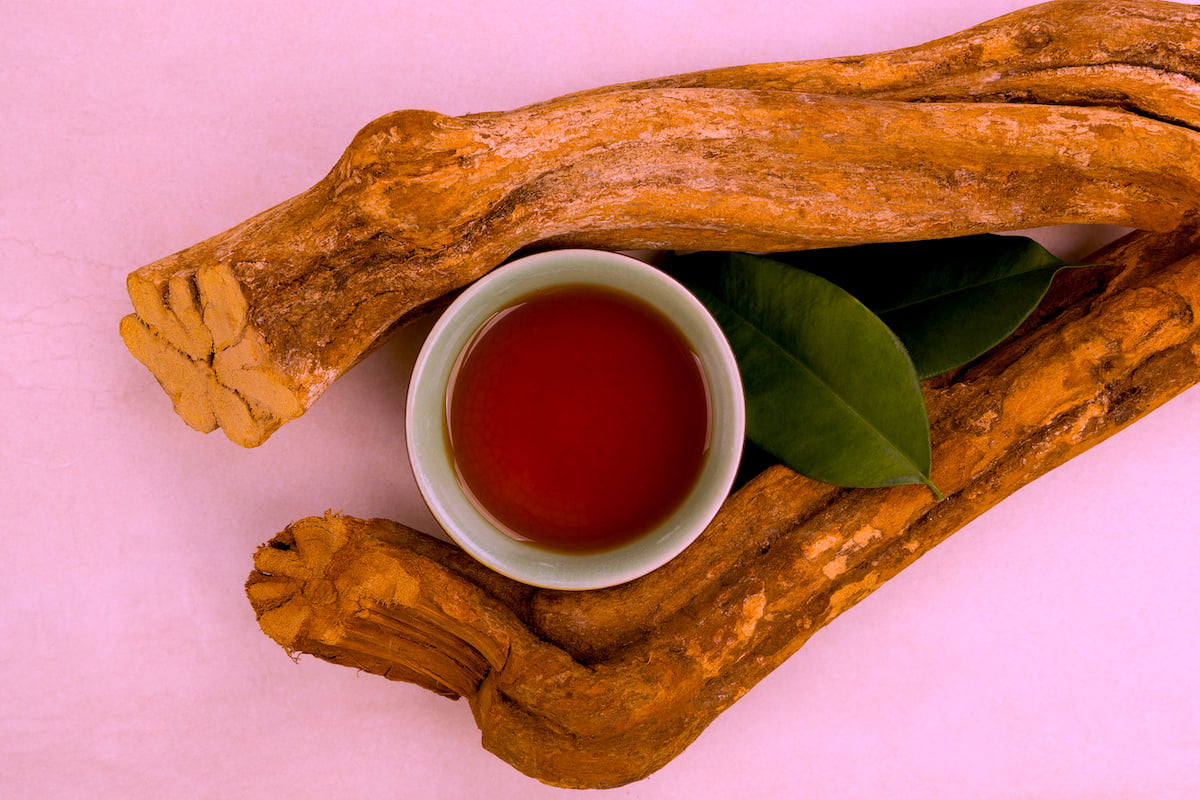Ketamine is an FDA-approved medical anesthetic and recently a prescription nasal spray version of ketamine called esketamine (Spravato) was approved for treatment-resistant depression.
Ketamine is an interesting drug because it can exist in three different forms, R-ketamine (the aesthetic version), S-ketamine (the psychedelic version), and a mixture of the two (racemic ketamine).
Ketamine is typically used to put you under before surgery, however, lighter doses that don’t put you to sleep are being used to treat depression, pain, and other mental health and substance use disorders.
These “off-label” uses have led to the popularization of the therapeutic use of ketamine. This has given rise to ketamine clinics where one can pay out-of-pocket for a dose administered by a doctor in a luxuriously curated “set-and-setting” (more on ketamine therapy in Nina’s Notes #18).
The patented, FDA-approved formulation of S-ketamine, Spravato, is estimated to generate $1 billion in revenue in 2023.
In addition to the rise in ketamine use for mental health, and despite its legality, the recreational use of ketamine is rising in popularity and has quite a history of illegal recreational use.
A term frequently used with the recreational use of ketamine is “k-hole”. People use it by saying things like, they are “stuck in a k-hole” or they could have “fallen into a k-hole.”
What is a k-hole?
A k-hole is the term referring to the dissociated, trance-like state that sometimes follows acute, excessive use of ketamine.
K-holes most often occur in recreational settings, like a nightclub or house party.
The dissociative effects of ketamine are dose-dependent, meaning the more you administer the greater the felt effects.
Receiving a ketamine treatment at a ketamine clinic will likely not result in a k-hole. The dose for the therapeutic experience is finely measured for the client, is administered in a safe clinical setting, and a physician can closely monitor the medicine’s effect.
When in a k-hole, one may be unable to interact with surroundings, control motor functions or maintain awareness of their external reality. An individual may temporarily be unable to speak, walk properly or maintain their balance. They may even find themselves feeling temporarily “paralyzed” or physically inhibited.
These motor-control symptoms are often paired with a strong internal experience, visions or visuals and an altered state of consciousness.
Experientially, it can feel like “falling into a hole” which is where the term k-hole comes from. K-holes can last as long as 5 minutes or up to roughly 30 minutes.
For some, experiencing a k-hole can be highly transformative and powerful, for others it may be a frightening experience.
Why does it happen?
Ketamine is a dose-dependent drug, the larger the dose, the bigger the effects.
While entering a k-hole is rarely the aim of a ketamine user, it can easily happen in a party setting where people may be taking multiple doses within a short period of time.
Ketamine is a white powder, similar to cocaine, which many users ingest through snorting. If a ketamine user has a history of cocaine use, they may use the drug at the same frequency due to previous habits, which can sometimes lead to k-holing.
Why is that? It’s because the half-lives of cocaine and ketamine are both short, but very different.
The half-life of ketamine
Half-life is the time it takes for the total amount of a drug in the body to be reduced by 50%. The half-life of ketamine is about 2.5 hours.
This means that it takes 150 minutes for a dose of ketamine to become a half dose in your body. Meanwhile, the ketamine high lasts about 30-45 minutes. In comparison, the half-life of cocaine is 40-90 minutes, and the high is about 15-25 minutes. Cocaine is metabolized very quickly and the high lasts about a third of the half-life of the drug.
So half of the drug is cleared from the body at close to the same rate as the user feels the effects. Drug gone = effects end.
Because the half-life of Ketamine is about 150 minutes and the high is about 1/5th of that, a user could be going for a second, third or even fourth dose before half of the first dose is metabolized by the body.
So, with repeating doses, the total amount of ketamine in your body builds over time. A user may not feel the strong effects of ketamine anymore, but they still have more than half of a dose still in their body. When they take another dose, they risk falling into a k-hole.
What happens in a k-hole?
A k-hole can lead to intense feelings of dissociation causing feelings of being disconnected from or unable to control one’s own body.
It may also affect the ability to speak and move easily. One way to think about a k-hole is a state between intoxication and a coma. Some refer to a k-hole as an out-of-body or near-death experience. A k-hole can be frightening and induce strong feelings of powerlessness. This can be especially intense if the ability to speak is affected.
Others might not notice someone in a k-hole. They might just look immobile and intoxicated, but their mind is far from quiet. They may be experiencing vivid, dream-like hallucinations and distortions of time and space. Other k-hole symptoms include confusion, unexplainable experiences and floating sensations.
While some people find the psychedelic experience enjoyable, others find it terrifying. Some describe falling into a k-hole like a bad LSD trip. Keep in mind the whole experience may last from 10 minutes to an hour.
Signs of a ketamine overdose
Know the signs of a ketamine overdose so that if someone at a party is exhibiting symptoms, you can get them immediate medical attention.
Although the risk of an overdose from ketamine is low, it can increase outside of a clinical setting. The overdose risks are higher when ketamine is mixed with other substances such as alcohol, opioids or other recreational drugs.
Overdose symptoms can include anxiety, chest pain, elevated blood pressure, hallucinations, loss of consciousness, nausea or vomiting, rapid or irregular heart rate, and seizures.
A k-hole, however, is a common experience due to excessive use of ketamine over a short period of time. It is not a ketamine overdose.
Though a k-hole is a temporary experience, there are several long-term side effects with extended recreational ketamine use, such as bladder problems, cognitive effects, heart problems, and seizures.
While there is no way to guarantee a perfectly safe experience with ketamine, using it outside of doctor supervision, its effects can be extremely unpredictable compared to other drugs.
With the rising popularity of ketamine in both medical and recreational spheres, this calls for a balanced perspective, appreciating the therapeutic potential of ketamine while being acutely aware of its potent effects and the dangers of excessive use.
This article was first published on Nina’s Notes and is republished on Psychedelic Health with permission.

 Opinion2 years ago
Opinion2 years ago
 Insight3 years ago
Insight3 years ago
 Medicinal2 years ago
Medicinal2 years ago
 Research2 years ago
Research2 years ago
 Medicinal2 years ago
Medicinal2 years ago
 Markets & Industry1 year ago
Markets & Industry1 year ago
 News3 years ago
News3 years ago
 Medicinal2 years ago
Medicinal2 years ago








